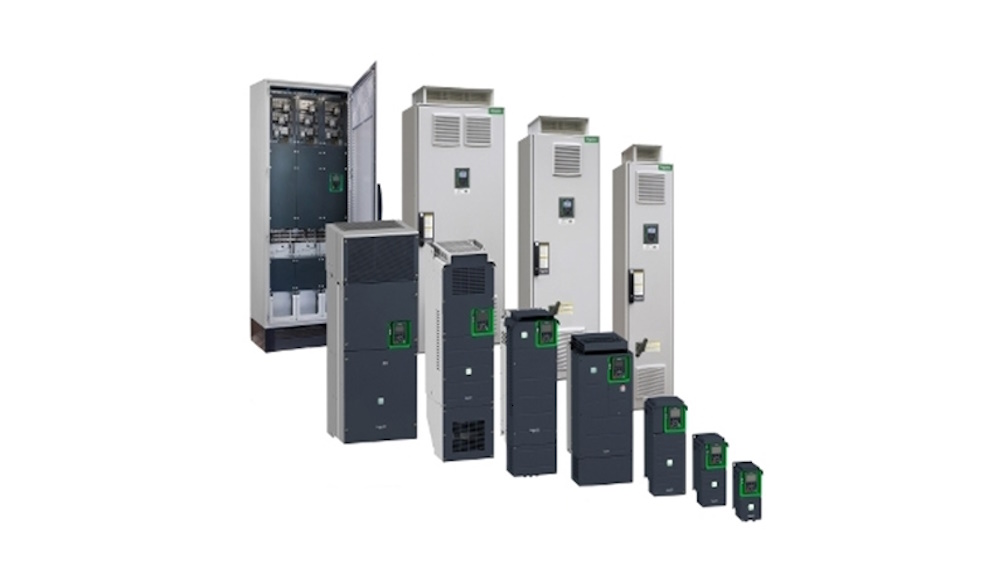Understanding Bird Behaviour: Key to Effective Airport Mitigation Strategies
- Written by Daily Bulletin

Successful airport mitigation strategies rely on understanding birds behaviour. A wide variety of factors frequently draw birds to airports. Food accessibility, water availability and suitable nesting locations are some of these. It is essential to understand the behaviour and styles of birds which will reduce hen moves. Research has to be carried out on nearby fowl populations and bird migration paths. Utilizing these statistics helps the improvement of chook deterrent strategies for airports. Airports might also put unique mitigation measures in vicinity by using being aware of those concerns. By doing this, natural world preservation and plane safety are assured.
Safe skies are ensured via effective techniques for mitigating airport bird populations
An aggregate of techniques is needed for powerful airport bird mitigation. One of the main strategies is habitat alteration. A bird's presence may be reduced via doing away with water and food sources. One way to forestall birds from nesting is to put in bird deterrents like nets and spikes. There is also the usage of visual and audio scare techniques. Distress calls, pyrotechnics and the use of lasers are amongst examples. It is viable to frighten birds away with dogs and trained falcons. Employees at airports are notified whilst birds pass thru radar devices. By working together with natural world biologists, compassionate strategies are ensured. Airport personnel should receive ordinary training. By collectively applying these methods we can have the less Bird strikes.
Seasonal Issues with Airport Bird Mitigation and Their Solutions
Airport bird mitigation is faced with unique limitations because of seasonal versions. In some months migratory birds can be a critical risk. It is less difficult to get geared up for those influxes whilst one is privy to migratory styles. Various chook species visit airports throughout different seasons. For instance, at some point of rainy seasons, waterfowl are greater popular. Birds seeking out water might also come to be greater numerous at some point of dry seasons. The availability of food components is also impacted via seasonal versions. Airports ought to alter their plans as a result. More surveillance and disincentives are required for the duration of migration seasons. Bird movements may be tracked with the usage of sophisticated radar and increased patrols. Seasonal staff training guarantees that each one personnel are ready for those problems. It works properly to regulate habitat according with the seasons. For example, draining status water previous to the onset of wet seasons can discourage ducks. It also can be useful to plant plants that discourages birds.
Airport Bird Mitigation: International Standards and Best Practices
Efficient airport bird mitigation strategies are guided by means of the use of worldwide hints. Regulations are issued via the International Civil Aviation Organization (ICAO). They include deterrents and suggested techniques for handling habitat. Global uniformity in technique is ensured through adherence to those standards. Maintaining immoderate protection standards is made much less complicated by the usage of enforcing fine practices. Among those norms are not unusual audits and opinions. This ensures ongoing development of mitigation techniques. New thoughts also are produced through international cooperation. Radar era is one instance in which developments are shared international. For uniformity, schooling programs adhere to international standards.
This ensures that group of workers individuals are appropriately prepared to manipulate avian hazards. In these programs, emphasis is placed on ongoing education. Public believe in aviation safety is extended whilst international requirements are observed. It demonstrates a determination to the renovation of natural world. Airports want to stay cutting-edge on the most updated findings and hints. This aids in placing into exercise the first-rate mitigating strategies. The fashionable efficacy of bird mitigation is stepped forward by using manner of worldwide cooperation. All participating airports benefit by way of the usage of changing statistics and insights. Meeting worldwide standards is greater than only a felony requirement. It represents a determination to environmental responsibility and safety. Relevance is ensured via frequent necessities opinions and updates.









